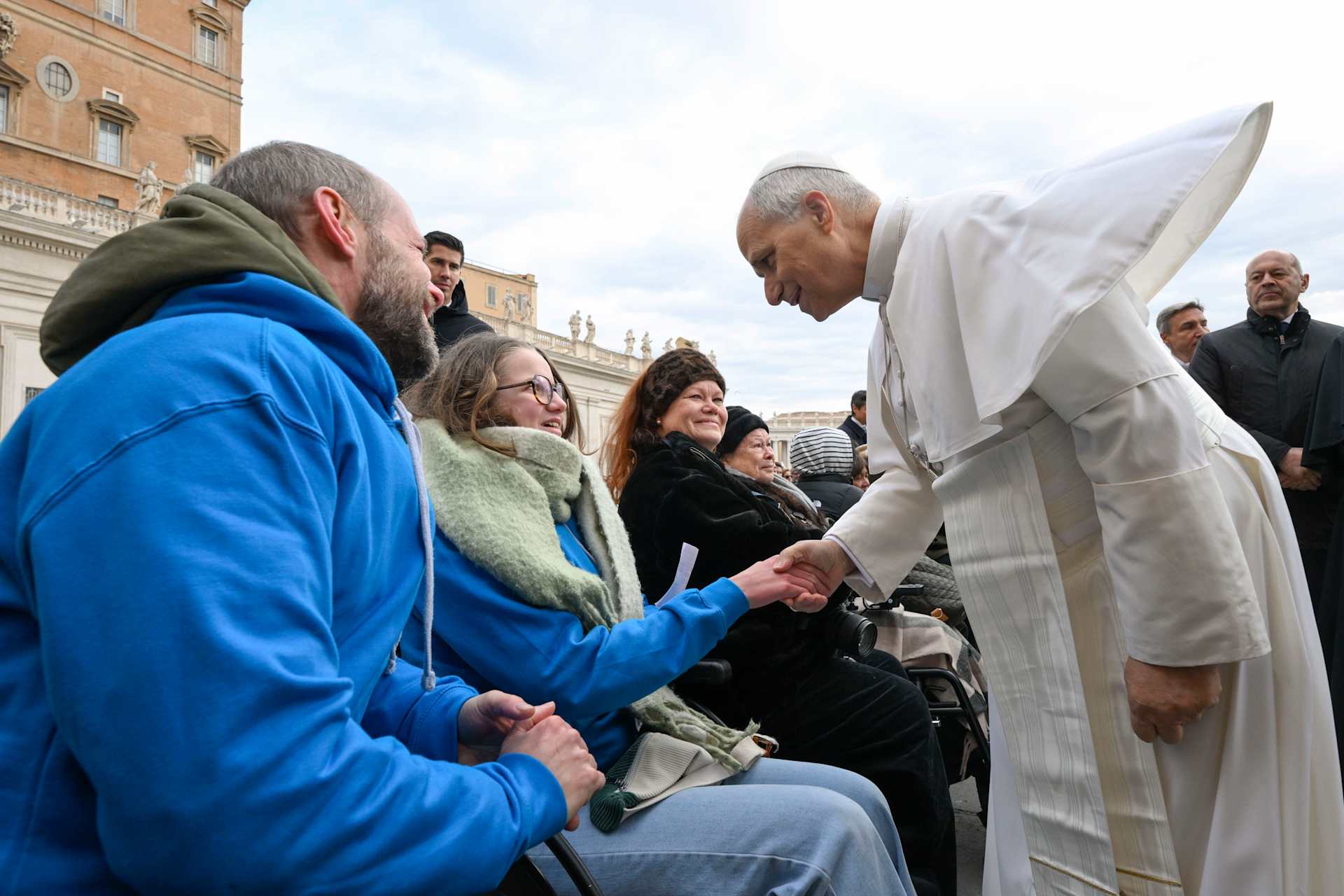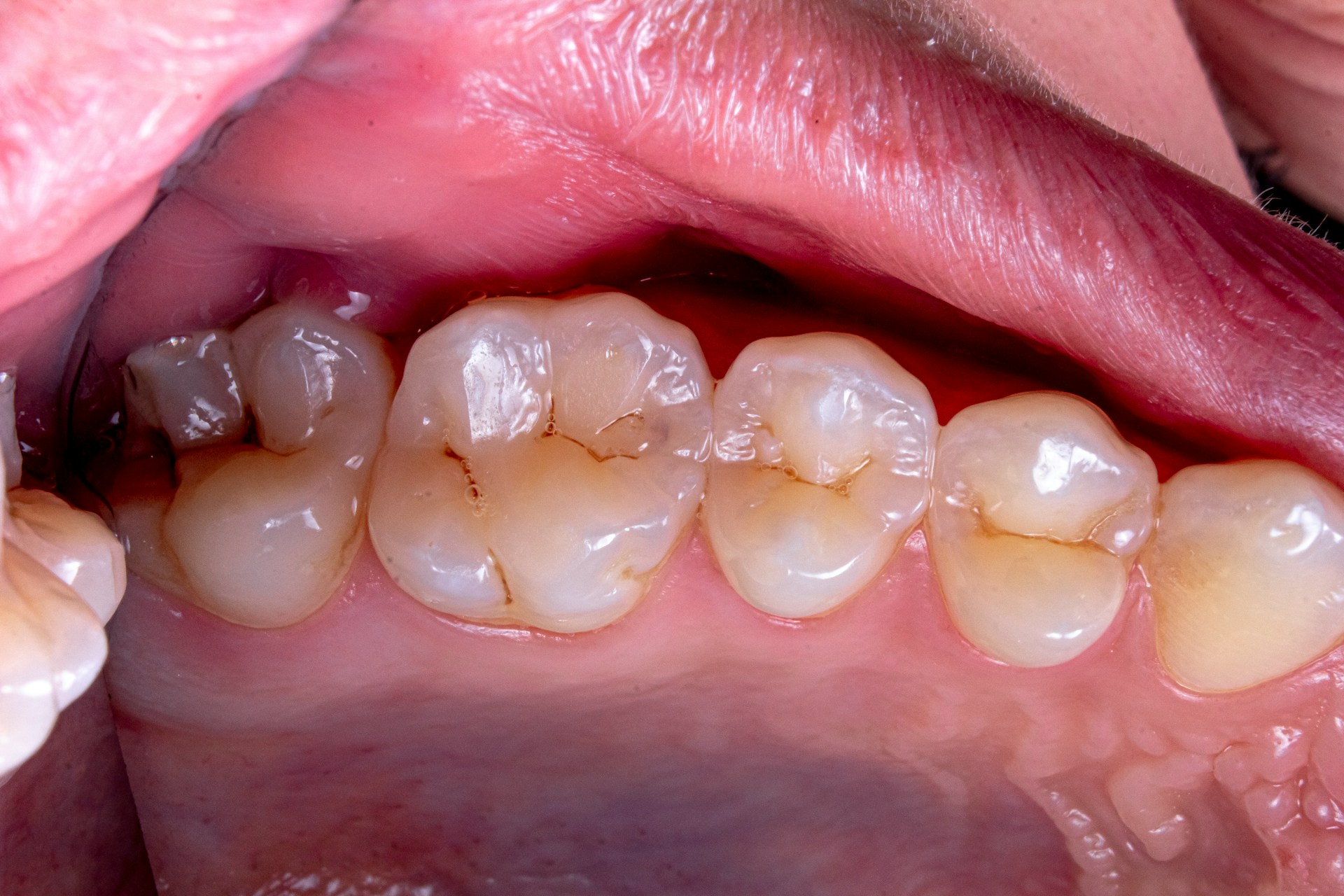AI tests Europe’s social model
Presented by EFPIA

|
By GIEDRĖ PESECKYTĖ
with RORY O’NEILL, CLAUDIA CHIAPPA and MARI ECCLES
PRESENTED BY
![]()
| SNEAK PEEK |
— Can Europe trust AI in health care and will it impact the EU’s social contract? The Gastein health forum got philosophical.
— Sticking with the topic: The European Commission wants to boost AI use in biotech research.
— And countries were supportive of the Danes’ plan to cut red tape in pharma talks.
Welcome to Thursday’s Morning Health Care! The state of the European Health Union was summed up by health DG chief Sandra Gallina: “We need to achieve a lot with the little that we have,” she told the Gastein Health Forum.
Get in touch: meccles@politico.eu, gpeseckyte@politico.eu, roneill@politico.co.uk, cchiappa@politico.eu. Follow us on X: @MariEccles, @GPeseckyt, @chiappa_claudia and @rory_oneilll
| DRIVING THE DAY |
EUROPE’S DYING SOCIAL CONTRACT: Europe’s social contract is under threat from an imminent “revolution in the labor market” driven by artificial intelligence, the president of the European Health Forum Gastein warned on Wednesday. But do health leaders know what to do about it?
The what contract? The contract in question is a concept (rather than a document), and a bedrock of liberal political philosophy dating back to the Enlightenment. In short, it is a set of rights and benefits countries should guarantee their citizens. In Europe, the best guide may be the European Pillar of Social Rights proclaimed by the EU institutions in 2017.
Politicians behind the curve: There is so much money tied up in AI that it can only yield a return for investors if it achieves huge savings in labor costs or, in other words, massive job losses, Clemens Martin Auer said. Who will fund Europe’s welfare systems then, especially when governments are pouring money into defense?
“AI will drastically change, even might obliterate the very foundations of the social contract as we know it today,” Auer warned. But you’d never know it from listening to political discourse, he added.
Tough choices in Brussels: Representing the European Commission, Sandra Gallina promised the executive will “do everything to honor the social contract” but said governments had to make difficult choices, defending the decision to cut the EU4Health program by a fifth to fund the war in Ukraine.
Are things really so bad? Pamela Rendi-Wagner, director of the European Centre for Disease Prevention and Control, said people were talking about the social contract as if it was a sick patient. “I don’t think [it] is really at that stage … we should be more proud of what we have achieved,” she said, in what moderator Nick Fahy called a “shocking note of optimism.”
 |
| AI |
PEOPLE DON’T TRUST AI: Earlier in the day, the conference heard that artificial intelligence will only deliver benefits in health care if people trust the technology — and they’re not quite there yet, warned health experts.
Thanks but no thanks: AI is supposed to deliver major benefits for European competitiveness and efficiency, including in health. The technology could “completely revolutionize” the health sector, said Lucilla Sioli, director of the EU AI Office, a unit within DG CONNECT.
However, health professionals don’t trust it yet, she said. “During Covid, we were trying to distribute for free some tech that was AI-enabled to European hospitals,” she recalled. But even in a crisis, hospitals were reluctant to use it, she added.
Why the mistrust? One potential explanation might be that the evidence just isn’t there yet, as Natasha Azzopardi-Muscat, director of health policies and systems at WHO Europe, told reporters early on Tuesday morning. “We need to do better to be able to demonstrate that [AI] is really supporting them, supporting patients and liberating time,” she said.
Social and cultural barriers: The Commission’s Marco Marsella, head of digital at DG SANTE, name-checked a recently published study on the adoption of AI in health care, which analyzed the benefits but also the barriers to its uptake, including cultural and social.
The ‘Brussels effect’: If Europe can prove AI’s value in health care, it could set an example for the rest of the world, said Afua van Haasteren, director for health policy and external affairs at Roche. “We know the EU sets the tone … If we can really ensure these AI technologies are trustworthy across the EU, we foresee an uptake across the world,” she said.
The patient voice: AI developers should involve patients from the start to help build trust in the tech, said Valentina Strammiello, interim executive director at the European Patients’ Forum. Unfortunately, she added, SMEs are often unaware of the benefits of having patients involved, meaning more education is needed.
Summing up: “Innovation will move at the speed of trust,” concluded Ricardo Baptista Leite, CEO of non-profit Health AI.
**A message from EFPIA: One in two cardiovascular patients struggle to stick to their treatment. Supporting better adherence is essential to improving outcomes, preventing complications, and enhancing quality of life for people living with cardiovascular disease.**
| BIOTECH |
MEANWHILE IN BRUSSELS: The European Commission wants to boost the use of AI in biotech research, according to a draft of the European Strategy for Artificial Intelligence in Science, seen by our tech colleague Pieter Haeck.
About the strategy: The strategy highlights how the adoption of AI in science “will have profound scientific, economic and social implications” and offers key actions to unlock its potential. They include boosting investments in AI in science and launching a virtual lab. Pieter has more.
The potential for biotech: AI is “rapidly transforming biotechnologies,” reads the strategy, including drug discovery. Biological AI models can also be used to analyze complex biological systems, but they are currently mostly developed outside the EU.
Overcoming obstacles: There are some challenges when adopting AI in the biotech research sector, such as data interoperability and the risk of misuse. “Strong collaboration between AI experts, biologists, chemists, clinicians, ethicists, and policymakers is needed, along with robust methods to evaluate and improve AI safety, security and trustworthiness,” the Commission writes.
| PHARMA |
COUNTRIES BACK RED-TAPE CUT IDEA: The Danish presidency’s push to cut red tape in Europe’s pharmaceutical legislation received broad backing during Wednesday’s meeting of country diplomats, according to an EU country official.
Recap: The Danish presidency sounded out EU countries on how much room it has within the Council’s mandate on several issues — including whether it can seek trade-offs with Parliament to balance faster drug approvals with flexibility on environmental risk-assessment rules, to avoid extra national administrative burdens.
Hold your horses: Some countries stressed it’s too early to make political compromises with Parliament and urged the presidency to wait for later negotiation stages, an official close to the talks told Giedrė.
Sticking to the line: The presidency reassured countries it will stay within the mandate as the first political trilogue looms on Oct. 7.
Eyes on the finish line: Copenhagen is aiming to clinch a political agreement on the EU’s biggest health legislation by the end of 2025 — a timeline broadly supported by countries amid global uncertainty.
Parliament stands with patients: Among the clashing points identified in technical meetings is the question of patients’ participation in European Medicine Agency committees. The Council in its proposal reduced patients’ participation and stripped them of voting rights, in contrast to the Parliament.
“It should come as no surprise that we will continue to defend active patient participation in all EMA procedures,” MEP Tiemo Wölken (S&D), Parliament’s negotiator on the pharmaceutical regulation, told Giedrė in a written comment. “For us, it is of the utmost importance to include the voices of those directly affected by this regulation,” he added.
STRENGTHENING HOSPITAL EXEMPTION: Health groups called on the EU negotiators on the pharmaceutical legislation to strengthen hospital exemption — a system that allows hospitals and research centers to create advanced therapies for individual patients when no commercial option exists.
Their wishlist: The groups want support mechanisms for academia and non-profits, a publicly available and regulatory updated data repository, cross-border use, the harmonized data collection processes and evaluation of clinical evidence in the final text. These measures are “essential” to ensure hospital exemption is harmonized across the bloc, according to the joint paper, co-signed by Salud por Derecho, the European Cancer Leagues (ECL), the European Hematology Association (EHA), Health Action International (HAI), and Médecins du Monde International Network.
| LIFE SCIENCES |
COUNCIL APPROVES LIFE SCIENCES CONCLUSIONS: The Council of the EU approved conclusions on life sciences, calling on the Commission to improve the clinical trials landscape, ensure a business-friendly regulatory framework and stronger research.
Key actions: The Council calls on the Commission to establish an investment plan for clinical research including the possibility of a European Life Sciences Investment Fund to leverage private investment. The Commission and countries should also accelerate the digitalization of health systems and ensure support for the European Health Data Space.
Healthy R&I ecosystem: The Commission should also tackle regulatory challenges in proposals such as the Innovation Act and the Biotech Act, to “cut fragmentation, simplify rules, improve transparency, and shorten the time needed for research-intensive biotech innovations to reach the market.”
| COMPETITIVENESS |
EPFIA ON THE US: Donald Trump has a two-pronged approach to unsettling the health world — his tariffs on medicines would hurt Europe’s competitiveness (even more), and his (unproven) claims linking paracetamol and autism risk “destabilizing” confidence in governments and in science, according to Nathalie Moll, director general of European pharma lobby EFPIA, who spoke to Mari Wednesday during the Competitive Europe Summit.
PHARMA TARIFFS PAUSED: On tariffs, at least, there was some good news Wednesday. The White House said it may not need to impose Trump’s threatened 100 percent pharma levy.
On ice: The Trump administration has paused its plan as it attempts to negotiate agreements with pharmaceutical giants — like the deal it announced with Pfizer Tuesday — a White House official said. Our colleague Daniel Desrochers has the scoop.
| ABORTION |
MY VOICE, MY CHOICE MOVES AHEAD: Organizers from the “My Voice, My Choice” campaign met with European Commissioner Hadja Lahbib on Wednesday, as part of the European citizens’ initiative process. Speaking at a press conference, one activist said the meeting was an important step to “get a seat at the table” to discuss an EU fund for women seeking abortion care in another EU country if they can’t access it locally.
The next step is a public hearing in the European Parliament. The Commission will then give a response by March 2, 2026.
| WHAT WE’RE READING |
Swiss pharma companies likely to follow Pfizer-US price deal, a business lobby tells Reuters.
A company linked to the British Conservative peer Baroness Mone has been ordered to pay £122M over its government PPE contract in the Covid pandemic, reported the BBC.
**A message from EFPIA: More than 60% of patients with cardiovascular disease struggle to take their medicines as prescribed. This significantly worsens outcomes, limiting recovery and increasing the risk of complications. While medicines have contributed to a 50% decline in coronary heart disease mortality over the past two decades, non-adherence hinders the full potential of innovative treatments. Improving adherence can reduce adverse events, lower mortality, and help people live longer, healthier lives. The EU Cardiovascular Health Plan should support Member States in implementing treatment adherence programs and developing a European network of integrated CVH centres of excellence. Imagine how many lives could be changed just by supporting people to stay on track with their treatment.**




















:quality(85):upscale()/2023/09/18/918/n/1922398/a1136b676508baddc752f5.20098216_.jpg)
:quality(85):upscale()/2025/10/09/670/n/1922283/00b944c868e7cf4f7b79b3.95741067_.jpg)
:quality(85):upscale()/2025/10/15/765/n/1922398/29c37a6e68efd84bb02f35.49541188_.jpg)
:quality(85):upscale()/2025/09/09/891/n/1922283/7222624268c08ccba1c9a3.01436482_.png)

















